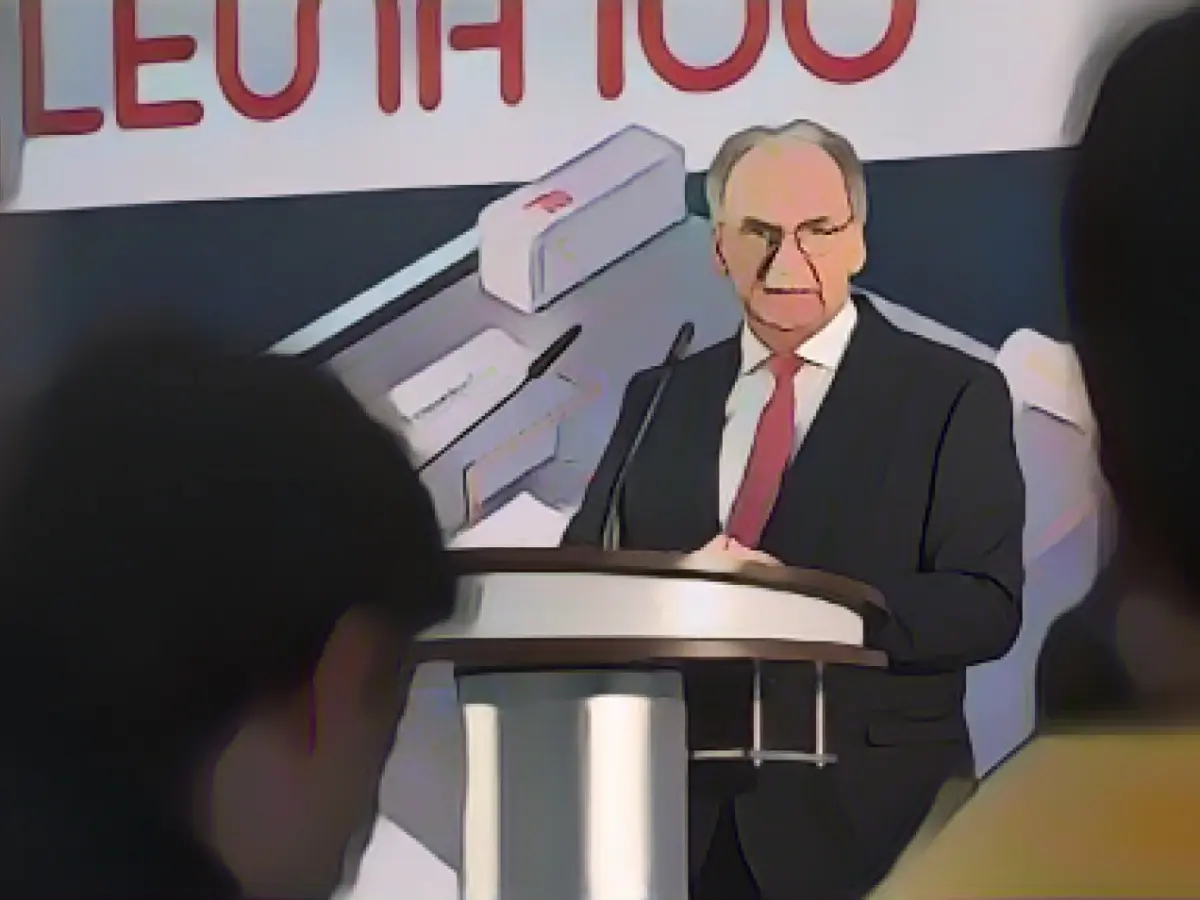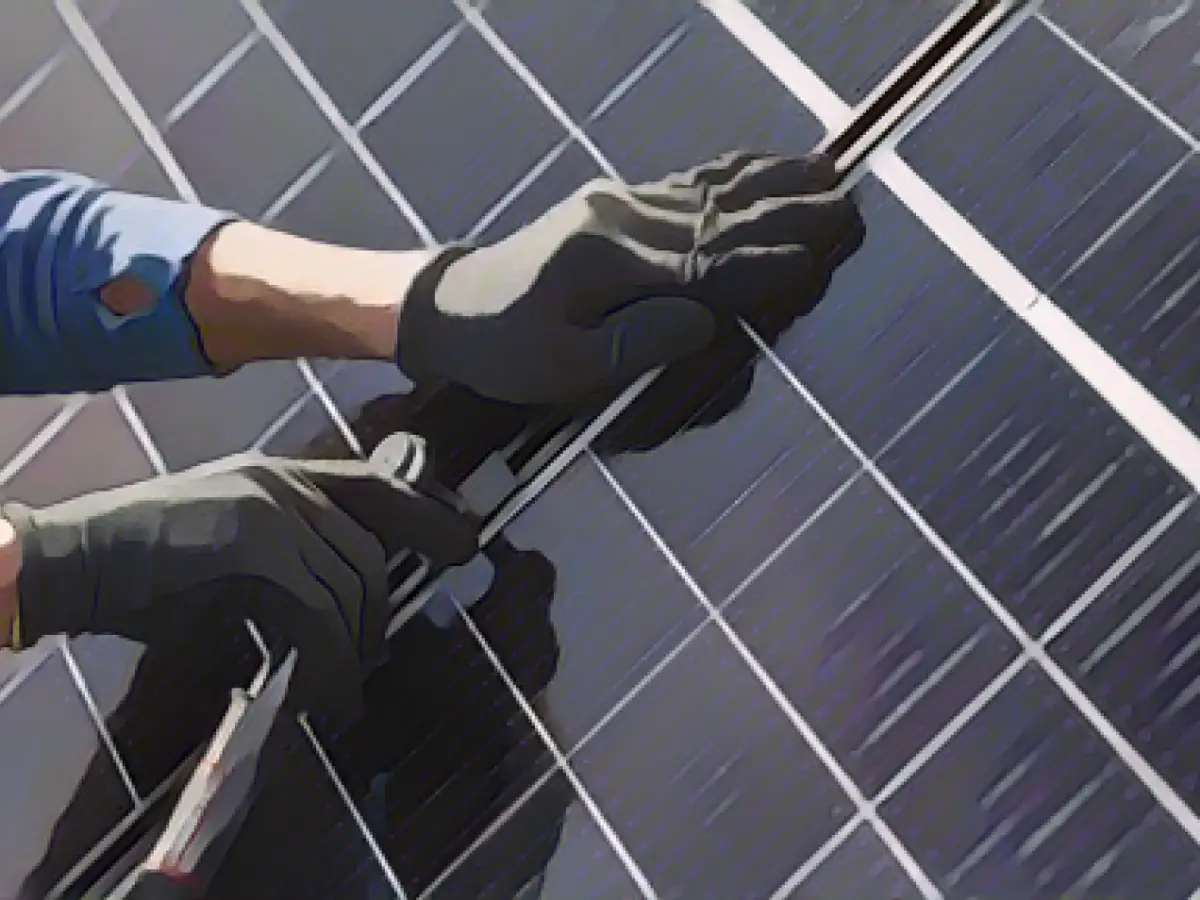Tiefensee's Two Projects On a Cliff Edge
After a meetup with Habeck, Thuringia's microelectronics projects are hanging by a thread. "I can't give the all-clear for these two projects right now," shared Thuringia's Economics Minister, Wolfgang Tiefensee (SPD). He remained hopeful, though, that they would pull through. So far, only approved projects have secured a spot. The rest, including the Thuringian projects, are crying out for immediate solutions.
Tiefensee also proposed extending the energy price brakes, currently under review. Thuringia is part of the federation of states in dire need of such measures for SMEs or hydrogen expansion.
Reforming the Debt Brake
Although the debt brake solution for the 60 billion euros shortfall (due to a constitutional court ruling) is penciled out for 2023, much more money is needed to contend with heavyweights like China and the USA. Tiefensee argued in favor of seizing this opportunity, and urgently reforming the debt brake. "This momentum shouldn't be squandered," he stated, noticing a growing openness among his CDU-aligned state premier counterparts to embrace the change.
He also suggested setting up a new special fund, reminiscent of the military-focused one, albeit requiring a two-thirds majority. "If anything happens in this legislature, then so be it," he affirmed.
Habeck Still Sets Sights on Funding
In response to the budget ruling, Habeck vowed to keep funding climate-conscious household projects, regardless of the odds. "We are actively seeking ways forward," he announced after the discussions.
The Federal Constitutional Court rendered a reallocation of 60 billion euros in the 2021 budget for climate change protection unconstitutional. The federal government is now barred from using funds intended for combating the coronavirus crisis towards climate action. This could significantly impact the Climate and Transformation Fund, which allocated funds for climate protection programs, the establishment of future technologies, and the development towards a climate-neutral economy.
The Federal Government, under Economics Minister Habeck, is committed to continuing climate protection projects backed by households. Potential methods include revamping the debt brake, creating a special fund that requires a two-thirds majority to approve, or maybe even introducing a climate bonus approach based on income to support those struggling under the increased CO2 costs and energy charges.
Enrichment Insights
- Climate Neutrality Foundation advocates for a social 'climate bonus,' penciled according to income. This would disburse financial help to the bottom half of earners affected by rising CO2 charges and energy costs, improving acceptance for climate actions.
- A change in the debt brake could enable increased investment in climate protection initiatives, without jeopardizing the country's financial stability.
- Cutting subsidies granted to fossil fuels is another option to fund climate-related household projects and incentivize the switch to clean energy.
- The European Investment Bank (EIB) has previously invested heavily in renewable energy and energy efficiency projects around Germany, helping reduce energy costs for households and businesses.
- International partnerships and collaboration, as demonstrated through the 1 million Euro contribution to the UN Climate Technology Centre and Network, can support the acceleration of low-carbon technologies, particularly in developing countries.








